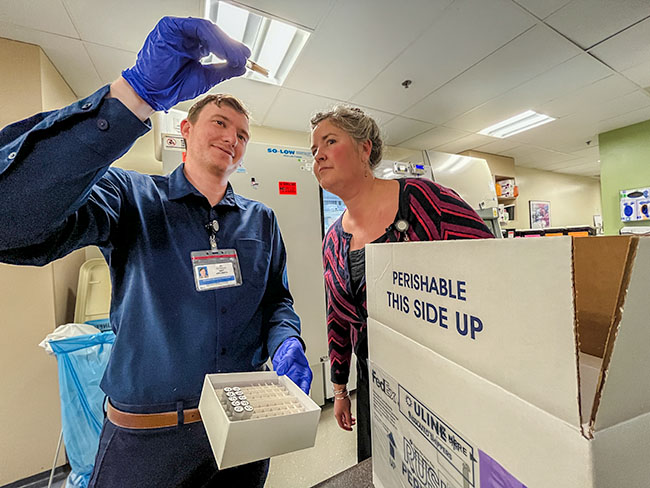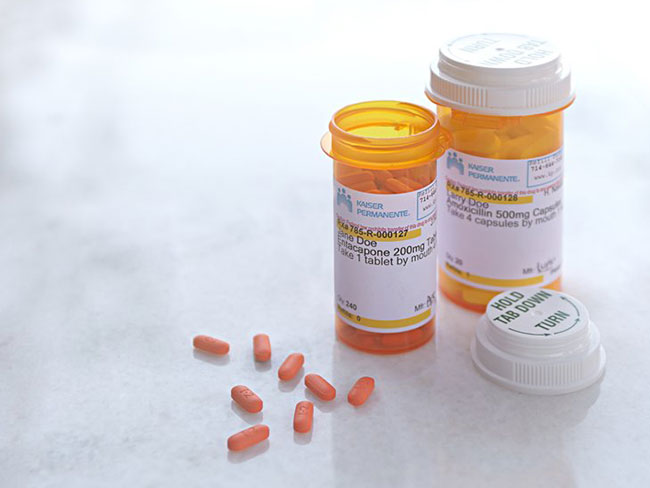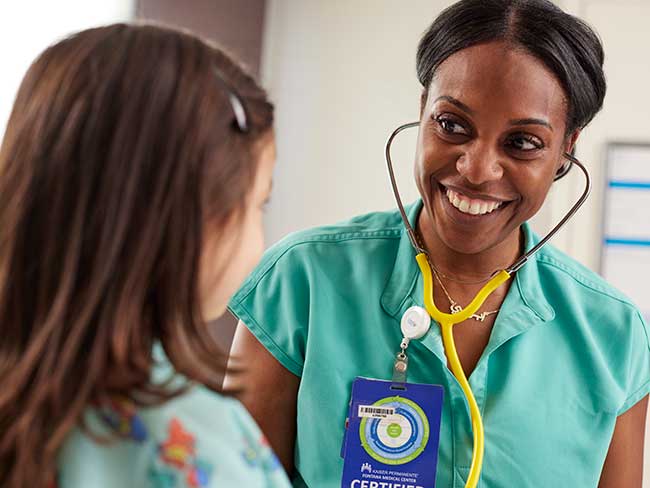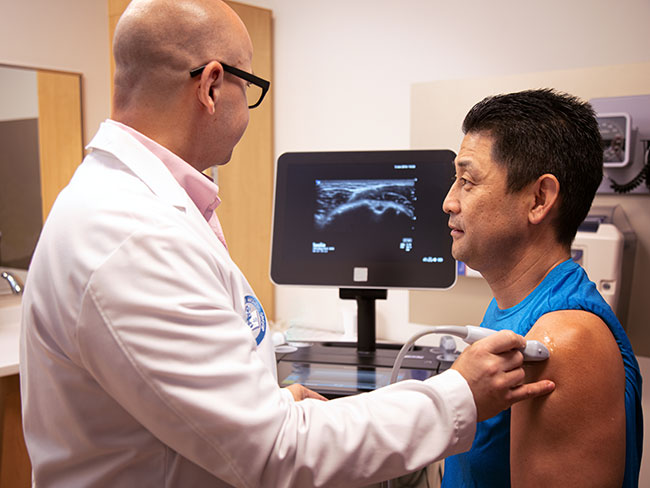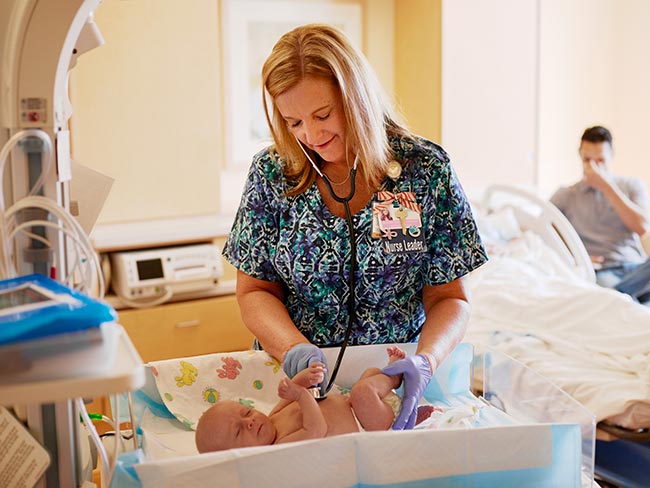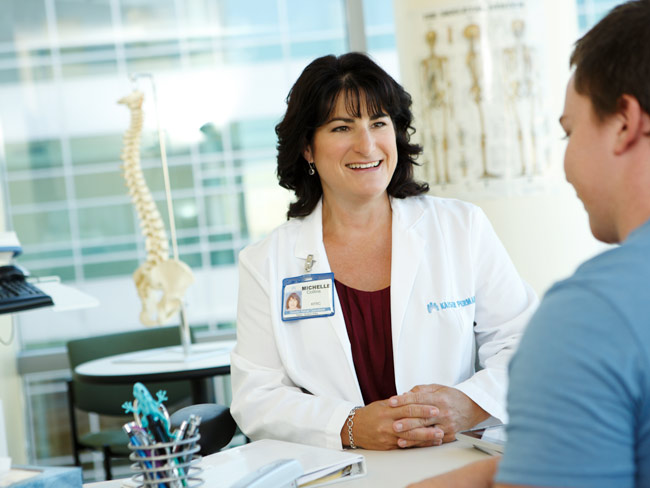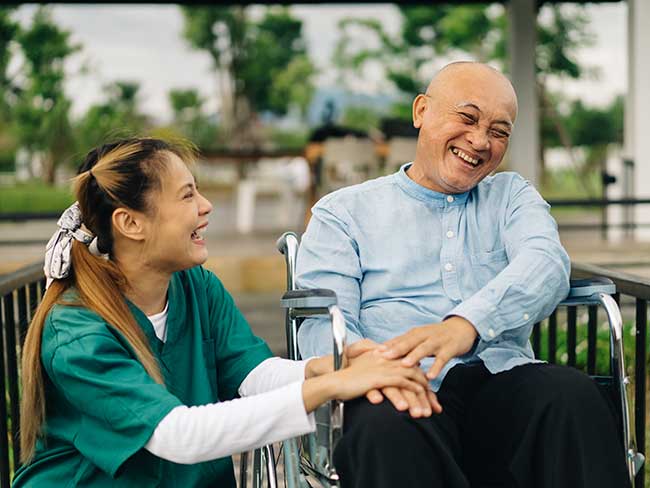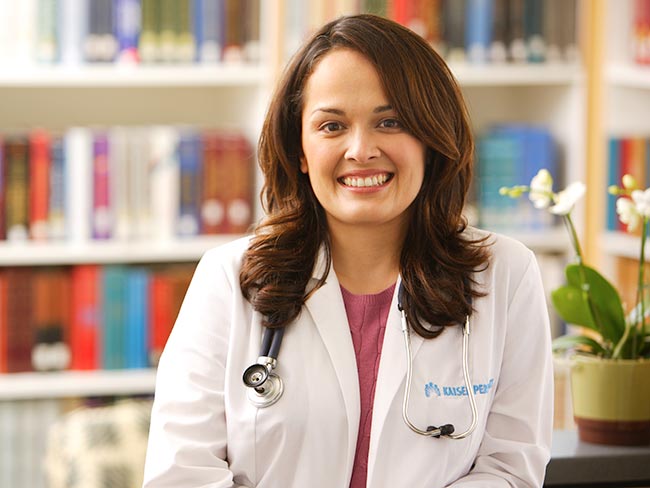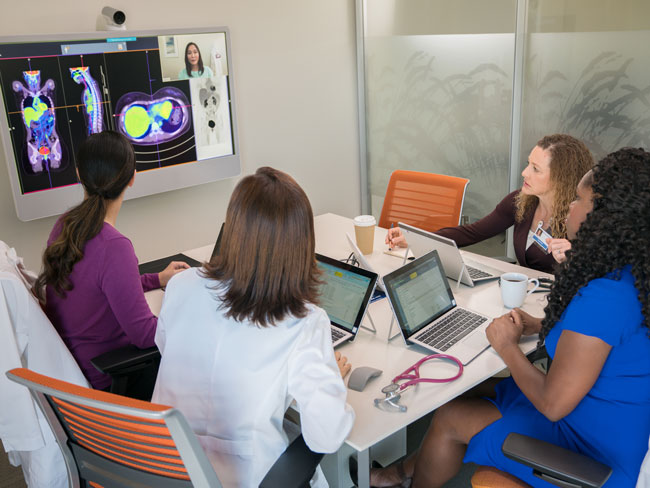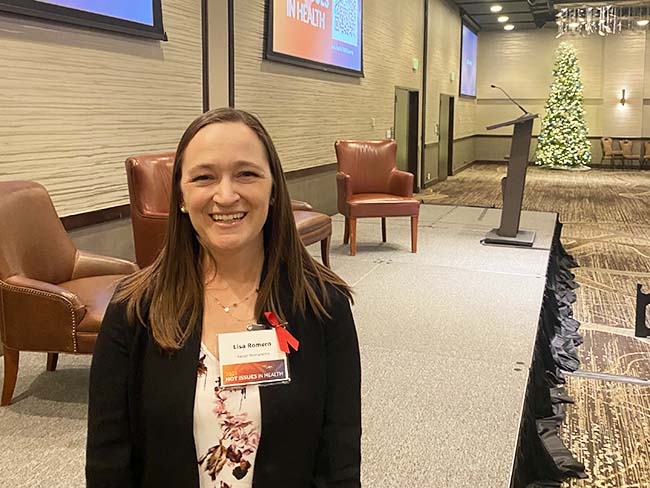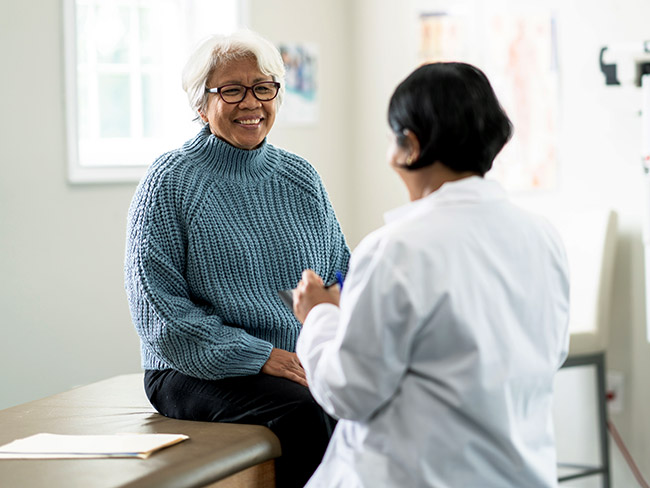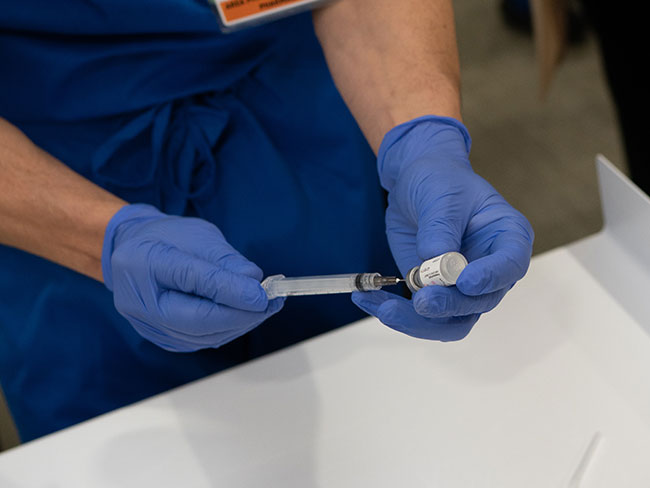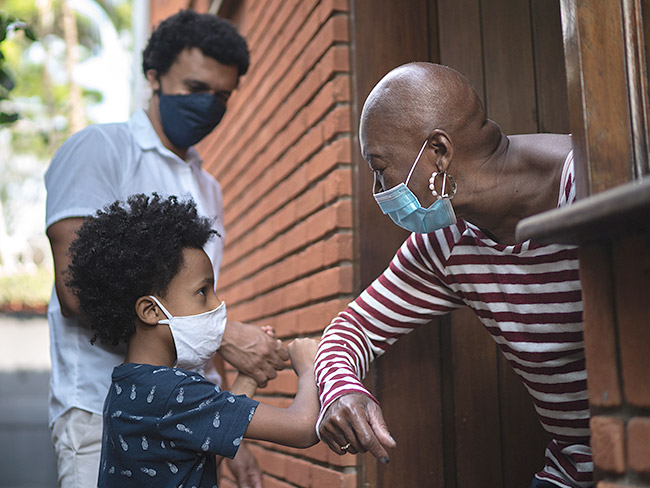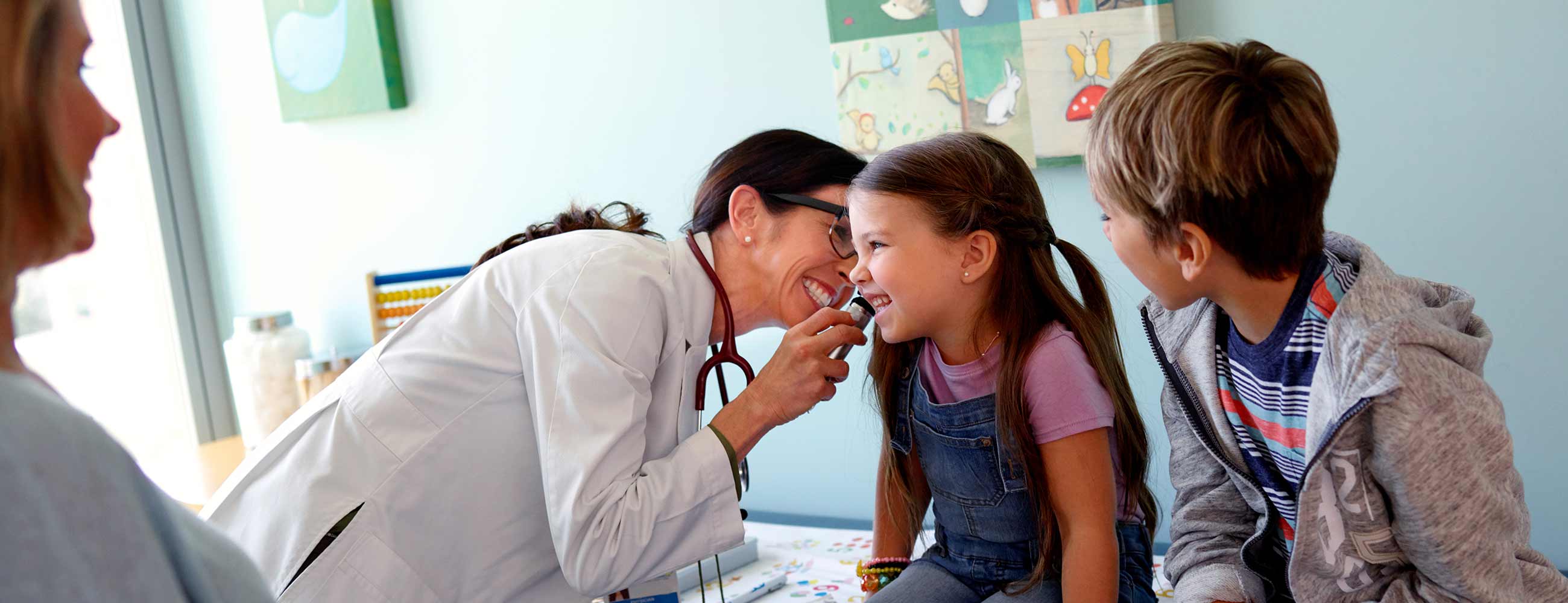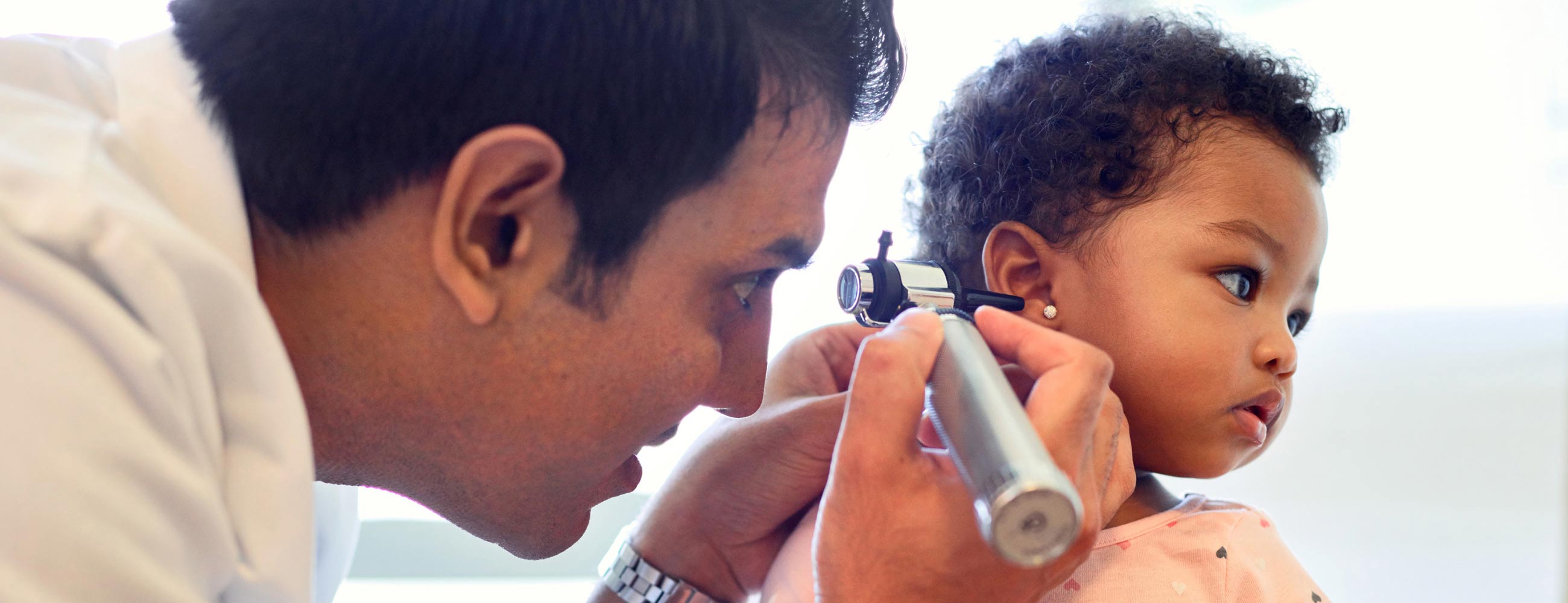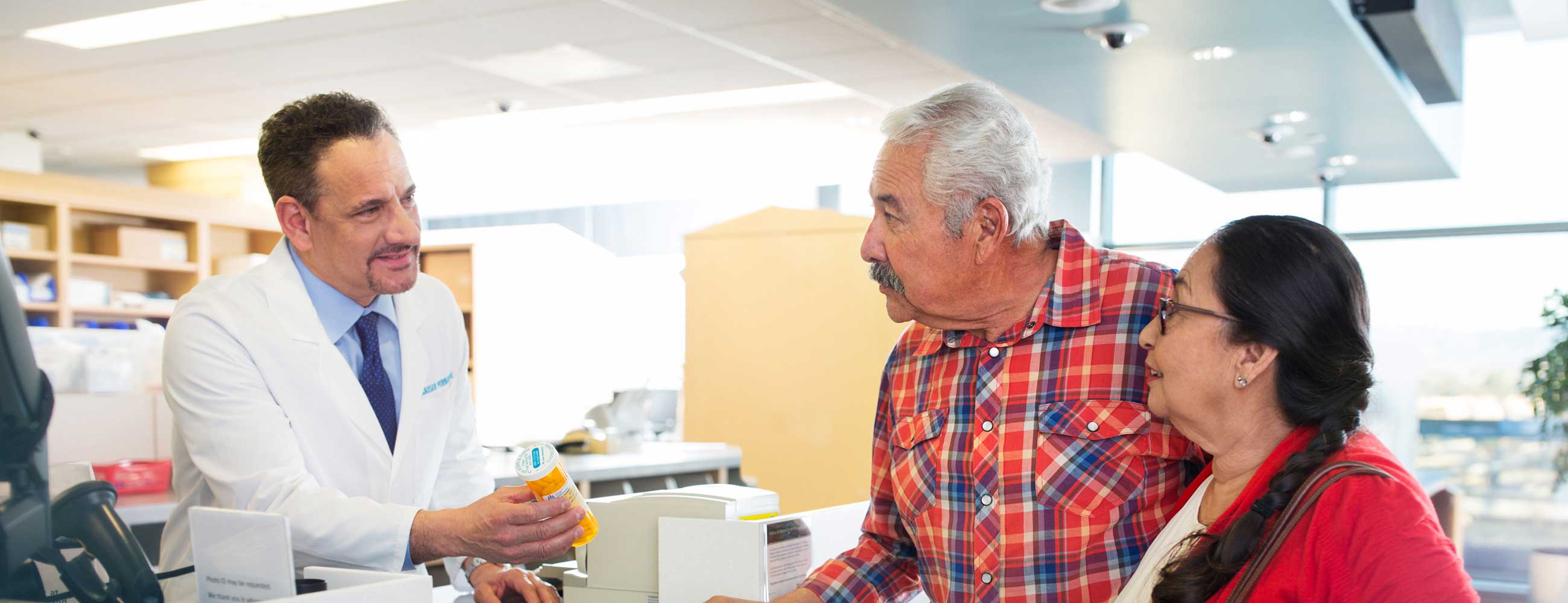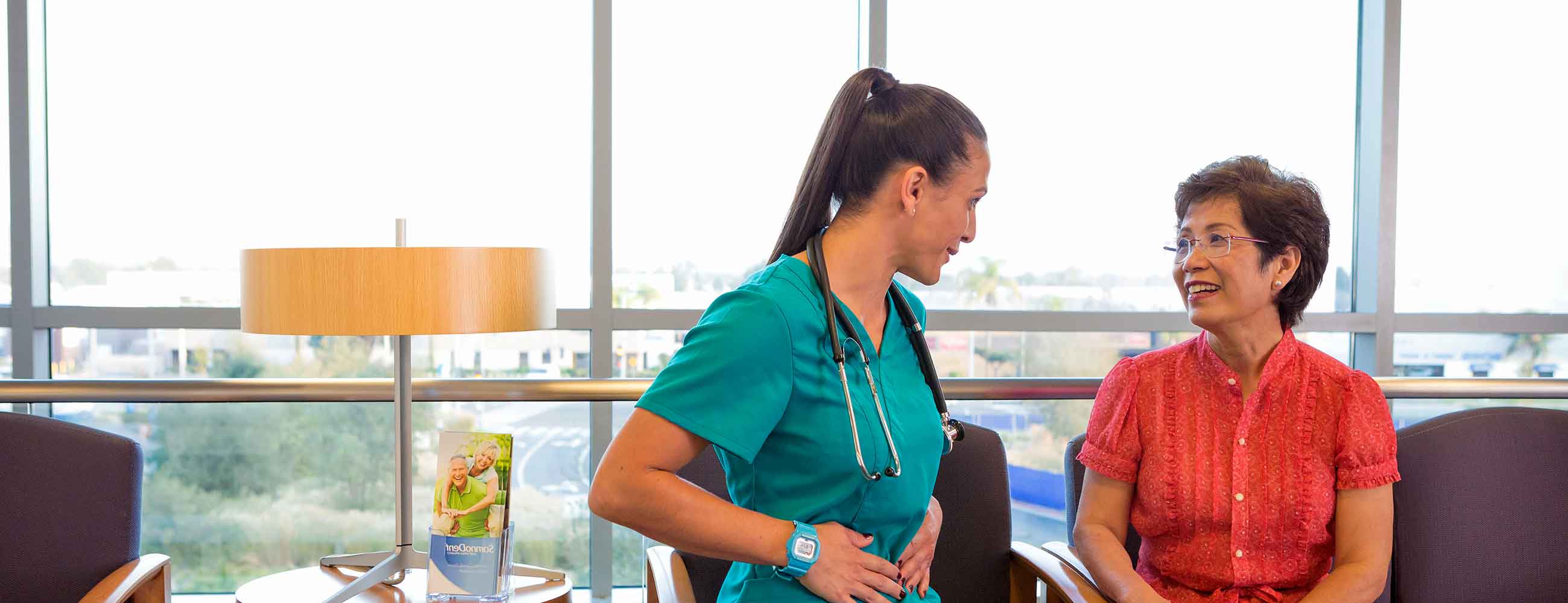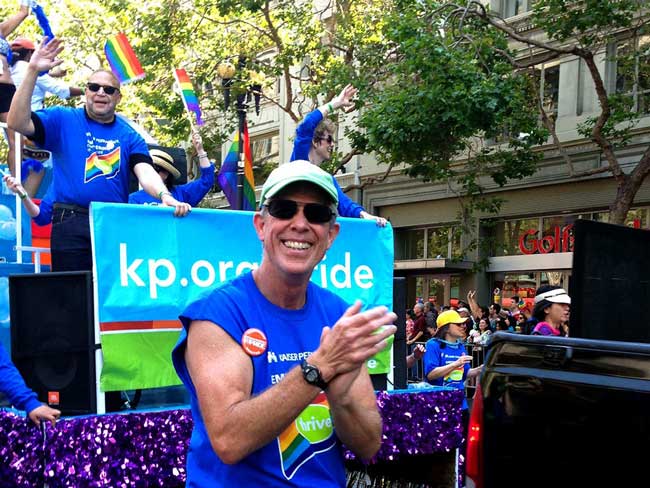Health coverage is key to early breast cancer detection
Timely screenings save lives and lower costs, but millions of people miss out without insurance. Lawmakers can act to make coverage more affordable and accessible.
Approximately 1 in 8 women in the U.S. is diagnosed with breast cancer during her lifetime, and 1 in 43 will die from the disease. Cancer affects every part of a person’s life, and the lives of loved ones.
At Kaiser Permanente, our members are 20% less likely to lose years of life due to cancer compared with nonmembers in their community.
This achievement highlights the strength of our value-based, integrated care and coverage model: Early detection and high-quality, coordinated care can save lives.
But without health coverage, many people miss out on both screenings and care, putting them at greater risk.
Early detection saves lives and reduces health care costs
At Kaiser Permanente, our breast cancer screening rate of 82% is above the national average. That difference is important because screening reduces breast cancer deaths by 22% or more.
Screening also saves money for patients and the health care system. Early cancer detection makes treatment simpler and more affordable.
Annual treatment costs are higher for later-stage breast cancer. For example, the average cost to treat Stage 3 breast cancer is 50% more than treating stage 1.
Experts estimate that earlier cancer detection could save the U.S. health care system $26 billion each year.
But early detection is hard when you don’t have health coverage. Having health insurance makes it easier to stay on top of routine breast cancer screenings. For example, at Kaiser Permanente, our members get timely reminders — by email, phone, and in person — to schedule their mammograms.
Our doctors personalize screening schedules based on each member’s medical and family history. And if you come to a medical appointment and are not up to date on your screening, a medical assistant will work with you to book your next screening.
Meanwhile, a new study shows Medicaid coverage is associated with better survival rates for breast cancer. People without coverage are much less likely to be up to date on screenings.
Lawmakers must act to ensure access to coverage
Breast cancer screenings save lives — but people are less likely to receive screenings when they don’t have access to coverage and care.
We support policies that make health insurance more affordable and accessible, so more people can get screened and treated early.
We urge lawmakers to:
- Extend enhanced premium tax credits, so individuals, families, and small business owners can better afford coverage
- Continue Medicaid coverage for adults with low incomes who rely on it for care
- Keep Medicare payment rates steady to keep America’s health care system sustainable
At Kaiser Permanente, cancer prevention is part of every member's care.
Our doctors and care teams work together to find cancer early — when treatment works best.
Every American deserves this kind of care. That starts with having health coverage.




